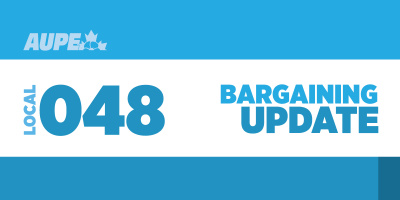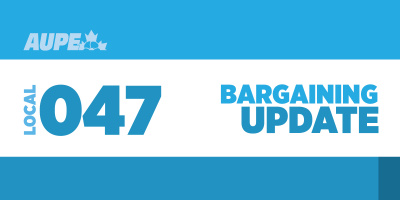Unions and health advocates have set their sights on a national prescription drug plan
By Merryn Edwards, Communications Staff
Have you ever worried about the cost of filling prescriptions for yourself and your family? Perhaps you''ve made the difficult decision not to get the drugs your doctor ordered because the cost would have left little room in your budget for other necessities.
If so, you are not alone. More than 20 per cent of Alberta respondents in a 2015 Angus Reid poll reported that someone in their household hadn''t taken medication as prescribed because they couldn''t afford to, and an estimated one in three working Albertans has no prescription drug coverage at all.
The only time that all Canadians have access to publicly covered prescription drugs is when they are hospitalized. Beyond that, people rely on a patchwork of provincial drug subsidies, workplace-based health benefits, or make do with no coverage at all.
"The time is long past due to plug this hole in our health care system," said AUPE Vice-President Bonnie Gostola. "Without pharmacare, many of the goals of publicly insured health care are undermined."
Pharmacare advocates are stepping up the struggle to make their vision a reality and keep the issue front and centre in the lead up to the 2019 federal election. The Canadian Labour Congress launched their campaign called A Plan for Everyone last Labour Day which includes events from coast to coast, advocacy about the benefits of pharmacare, and lobbying efforts.
Advocacy groups such as Friends of Medicare and the Canadian Health Coalition have also brought together pharmacare supporters at events including rallies and conferences, and are training citizens to lobby their elected representatives. Although a national drug plan is the goal, provincial politicians are also targeted in the hopes leadership in Alberta on the issue could spread.

Ontario recently brought in a drug plan for those under 25 and many Canadians remember that our national medicare system grew out of the historic establishment of Saskatchewan''s single-payer universal health care system-the first of its kind in North America.
"Without a national pharmacare program, too many people are faced with the difficult decision to not fill a prescription because they can''t afford to. This costs us more in the long run, both in terms of health outcomes and the pressure this places on our health system," said AUPE Vice-President Karen Weiers.
AUPE research recently presented at Friends of Medicare''s Universal Prescription Medication Conference showed that, despite widespread support for pharmacare amongst Canadians, the uphill nature of the struggle should not be underestimated. Not unlike the movement for medicare, which spread through decades of activism and faced sustained opposition including a doctors'' strike, pharmacare advocates will have to confront powerful interests that profit from the status quo.
Pharmaceutical companies can currently charge inflated prices because there is no centralized bulk buying, and private insurance companies profit from selling drug insurance plans to employers and unions. A 2017 Canadian Centre for Policy Alternatives report estimates that a national pharmacare plan could save Canadians almost $11 billion a year, but it goes without saying that corporations won''t let go of those profits without a fight.
Yet despite the challenges, supporting pharmacare is a natural extension of AUPE''s longstanding advocacy for a strong public health care system. It''s also a move in the best interests of members who don''t have workplace health benefits, such as casual employees who are excluded from benefit plans paid in part by the employer.
As AUPE explores the issue of pharmacare further, the troubling extent of casualization amongst the union''s membership is coming into view. The research shows that over 41 per cent of AUPE members are employed on a casual, part-time or temporary basis.
"AUPE members have worked hard to negotiate with employers for extended health benefits," said Gostola. "But even amongst unionized workers, there are too many left without adequate, affordable coverage, especially those employed on a part-time or casual basis.
"Pharmacare is the only way to ensure everyone has access to the medications they need."


